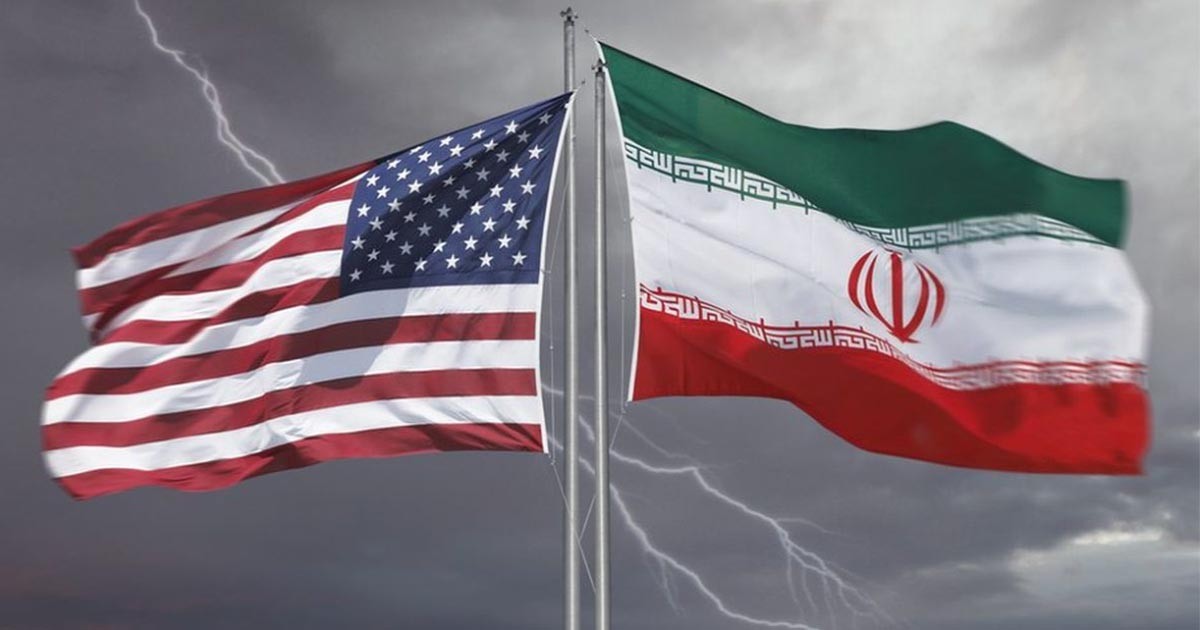News Analysis |
The government is brainstorming on a plan to cut down duties on the import of lithium batteries to promote its usage in solar power plants. Currently, 25-30% in duty charges are cut down on the import of lithium batteries and a higher 55% duty is collected on the import of solar AGM and GEL batteries.
Consequently, the cost of solar batteries has doubled in comparison to that of the price of solar panels because of a 50% dip in prices of the latter over the past five years. The high rate of duty on solar AGM and GEL batteries has served as a strong barrier to increase in solar power generation in the country.
Quoting a senior government official, a local publication reported that Prime Minister Shahid Khaqan Abbasi had tasked the Ministry of Energy (Power Division) with preparing a summary for duty reduction, which would be presented to the Economic Coordination Committee (ECC) for approval.
ECMC will have the option to extend the contract during or after project completion, wherein Reon will operate it for the period of 15 years and then hand over the operations to SECMC , said an official press release.
The official said that the issue had also been taken up in a cabinet meeting held last month, cited the publication. During the course of discussions, it was suggested that the renewable energy policy should have the concept of net metering in the distribution network as well as a rationalized tariff structure for the import of special lithium batteries and magnetic DC motors.
The government of Punjab has also approached the Alternative Energy Development Board, seeking lower duties on the import of solar batteries or reduction in prices of locally manufactured batteries to pave the way for solar energy production. The objective of imposing duties was to protect the domestic manufacturers, but they have failed to reduce prices and are selling batteries at almost the same price as that of imported batteries including the duty, Global Village Space earlier reported.
Read more: Pakistan’s First Solar Night School
Pakistan Solar Association’s former chairman and Pakistan Energy Watch General Secretary Faiz Bhutta highlighted that those lithium batteries were even being used in states that aspire to green status as the US, to store electricity in the national grid. In case of storm and damage to the grid there, the stored electricity is supplied.
Mr. Bhutta also said that the lithium batteries had a long life and were environment-friendly, adding that if followed through, the duty-free import of batteries would be a great step to serve the solar energy industry.
He alleged that a domestic battery manufacturer had managed to get the duty increased to 55% in a bid to promote his own products, adding the purpose of protecting the domestic industry and ensuring lower prices with good quality could not be achieved.
“The government has to either control prices of domestically manufactured solar batteries or reduce duty on the import of batteries,” he suggested.
Mr. Bhutta also said that the lithium batteries had a long life and were environment-friendly, adding that if followed through, the duty-free import of batteries would be a great step to serve the solar energy industry.
Last month, with an aim to limit carbon emissions and thereby help conserve the environment, Sindh Engro Coal Mining Company (SECMC) and Reon Energy Ltd entered an agreement to install 5MWs solar power plant at Thar Coal Block II. This will be the largest solar energy project for captive utilization to date, in Pakistan.
Read more: Pakistan Breakfast at Davos 2018
The plant will provide considerable savings in energy-costs, along with an expected reduction of 3,150 metric tonnes in the annual carbon-emissions. SECMC will have the option to extend the contract during or after project completion, wherein Reon will operate it for the period of 15 years and then hand over the operations to SECMC , said an official press release.
A signing ceremony was held at the premises of SECMC in Thar Coal Block II. The agreement was signed by CEO of Reon Mujtaba Haider Khan and Chief Operating Officer (COO) of SECMC , Syed Abul Fazl Rizvi.














